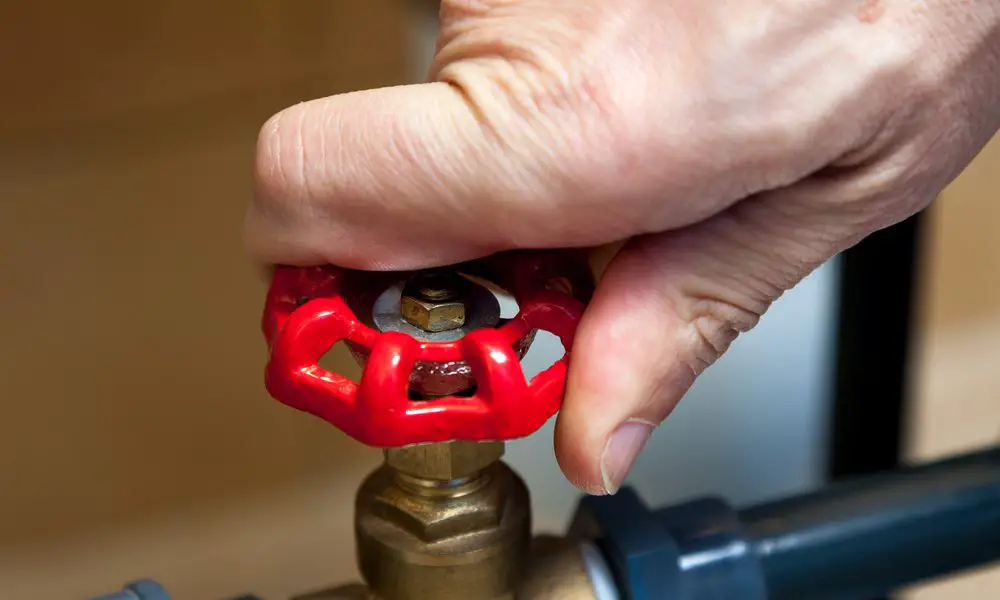

Water valves play a crucial role in plumbing systems, controlling the flow and pressure of water in residential and commercial setups. Choosing the right material for a water valve can mean the difference between a system that lasts decades and one that requires constant maintenance. This guide breaks down the most common water valve materials, their benefits, drawbacks, and the situations where they perform best.
Plumbers often choose brass valves for a reason. Brass is highly durable and resistant to corrosion, making it a reliable option for hot and cold water applications. It easily handles high temperatures and pressures, which is a must for many plumbing systems. Additionally, its antimicrobial properties help inhibit bacteria growth in water lines.
While brass water valves have advantages, they aren’t without downsides. They can be more expensive than other options, and their lead content can pose a concern, though many modern valves use low-lead or lead-free brass to meet safety regulations. Brass valves work best in applications where durability and temperature resistance are priorities, such as residential plumbing and commercial heating systems.
PVC valves provide an affordable and lightweight solution for different plumbing needs. These valves resist corrosion and work well in low-pressure and low-temperature environments, such as irrigation and swimming pool systems. Installation is straightforward due to PVC’s adaptability, and it is less costly compared to other materials.
However, PVC valves have limitations. They are unsuitable for hot water applications because they can warp under high temperatures. Additionally, they may not be as durable as metal valves in high-pressure systems. Stick to PVC valves for outdoor or non-potable water applications where ease of use and cost are primary considerations.
When higher temperatures are a concern, CPVC valves are a better choice than standard PVC. CPVC can handle hot water systems and is resistant to corrosion and chemical reactions, making it a common component in residential hot water lines. Its versatility extends to industrial applications involving chemicals.
That said, CPVC valves are more expensive than their PVC counterparts. They can also become brittle, especially when exposed to direct sunlight or freezing temperatures. CPVC valves suit hot and cold water systems in homes or light industrial environments where temperature resistance and chemical durability are vital.
Stainless steel valves offer unparalleled strength and resistance to corrosion, even in harsh environmental conditions. They perform exceptionally well in high-pressure, high-temperature systems. Many industrial and commercial setups rely on stainless steel valves for their longevity and reliability.
On the downside, stainless steel valves tend to carry a higher price tag. They are also heavier, making installation trickier than lighter materials like PVC. These valves excel in demanding systems requiring excellent durability, such as municipal water lines and high-pressure industrial systems.
Choosing the right water valve material depends on the specific needs of your plumbing setup. By selecting the right valve material for the job, plumbers can deliver efficient and long-lasting systems.
Addressing the Effects of Toxic Backlinks on Search Engine Optimization Search engines, particularly Google, prioritize…
Moving to a new house or business may be an interesting but taxing event. Whether…
Looking to buy a piano? Understand key factors like budget, piano type, sound quality, and…
1. Introduction: The Double Edge of Data Big-data — The modern technology fuel It powers customized recommendations,…
Optimize fleet operations with cost-saving strategies, smarter technologies, and actionable plans to enhance efficiency and…
Desk grommets support hybrid office setups by keeping cables organized and maximizing desk space. Improve…